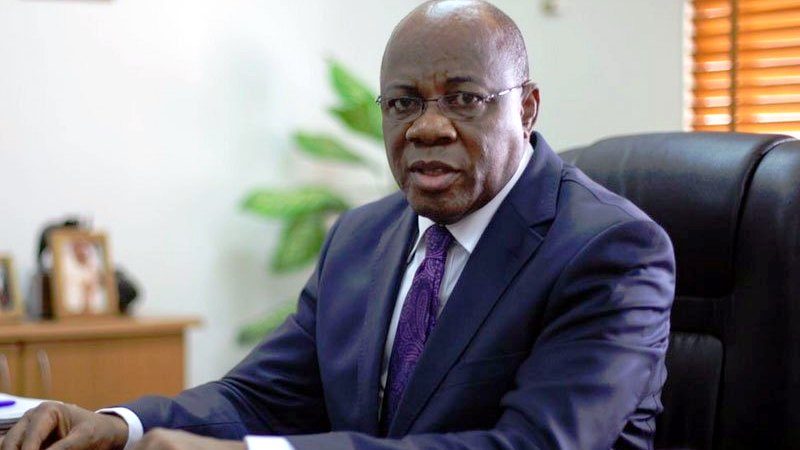
• Seeks end to violence against healthcare professionals
Francis Sardauna in Katsina
The International Committee of the Red Cross (ICRC) has admonished journalists to adopt more sensitive approaches when reporting on conflict in order to save lives.
The Head of ICRC Kano Sub Delegation, Roger Al Haddad, made the call during a media roundtable on the Protection of Healthcare in North-west Nigeria held in Kano on Tuesday.
Organised by ICRC, the one-day media roundtable brought together journalists from Katsina, Kano, Kaduna, Kebbi, Sokoto and Jigawa States where they brainstormed extensively and proffered solutions on impediments affecting healthcare in the region.
But Al Haddad, during his opening remarks, said accurate, ethical and conflict-sensitive journalism can “literally save lives” and prevent attacks on health facilities.
He explained that media reportage should contribute to conflict prevention, not polarisation and shape public understanding, as well as inspire empathy.
He said: “Accurate, ethical and conflict-sensitive journalism can literally save lives by helping communities understand that hospitals and ambulances must never be attacked and by reinforcing respect for medical neutrality.
“Through today’s discussion, we hope to strengthen collaboration between journalists, health authorities and humanitarian actors.
“We also aim to build a shared understanding of the principles that protect medical missions and ensure that media reporting contributes to prevention, not polarisation.”
He, however, said violence and insecurity continue to place enormous strain on healthcare delivery in the North-western region of the country.
He added that doctors, nurses, ambulance drivers and other health workers “risk their lives” to save others but they often become targets of violence, intimidation, abduction and killing.
He reiterated that numerous healthcare facilities have been set ablaze, abandoned and communities left without access to life-saving services due to conflict.
“Beyond the immediate loss, these attacks have a ripple effect, denying thousands of people the care they need and further weakening an already fragile health system,” he added.
Presenting an overview of violence against healthcare in Nigeria, the ICRC Humanitarian Affairs and Diplomacy Advisor, Juliet Kelechi Unubi, said the issue has been “grossly underreported” in the country.
She said the media should raise awareness and drive accountability through objective and balanced reportage that could help communities respect medical neutrality and humanitarian principles.
She appealed to journalists to shun the use of images or language that stigmatises victims of conflict and always quote verified sources “instead of social media remour”.
While noting that the media partnership will amplify humanitarian messages, Unubi said: “In crises, how stories are told can save or endanger lives.”
She noted that the ICRC’s Healthcare in Danger initiative seeks to tackle challenges of safe and timely access to healthcare during armed conflict.
She said the global healthcare initiative aimed to ensure that everyone respects the inviolability of healthcare at all times.
She stated that the initiative will also ensure that health workers, patients and facilities are protected during conflict.
Earlier, the ICRC Public Relations Officer, Aliyu Dawobe, said the non-profitable organisation has been providing relief support to the wounded and those attending to them within and outside the country.
He said the ICRC has been reuniting separated families, encouraging humane treatment of detainees, providing emergency assistance and supporting healthcare, among other humanitarian services.


